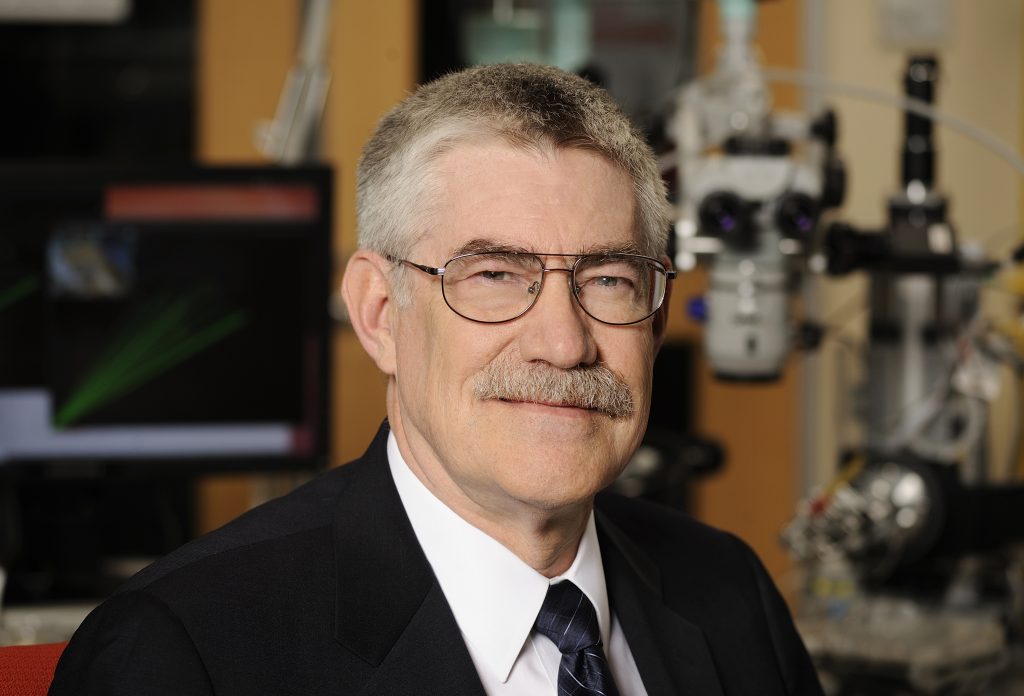

Monday, January 11 at 9am ET
Subscribe to our mailing list with your UofT address to join. All registered newsletter recipients with a UofT address will receive a meeting link.
Title: Human-robot partnerships in interventional medicine and infectious disease crises
Abstract
This talk will discuss an emerging three-way partnership between human care-givers, technology, and information to significantly improve partnerships. Computer-integrated interventional medicine (CIIM) systems combine innovative algorithms, robotic devices, imaging systems, sensors, and human-machine interfaces to work cooperatively with surgeons in the planning and execution of surgery and other interventional procedures. For individual patients, CIIM systems can enable less invasive, safer, and more cost-effective treatment processes. Since these systems have the ability to act as “flight data recorders” in the operating room, they can enable the use of statistical methods to improve treatment processes for future patients and to promote physician training. A similar partnership, using many of the same components, is emerging to improve bedside care in intensive care units and similar venues. We will illustrate these themes with examples from our past and current work on CIIM systems. We will also briefly discuss a simple robotic system developed at JHU for remote operation of ventilators in ICUs for use in infectious disease pandemics. We will also discuss some of the common research and deployability challenges found in these systems.
Bio
Russell H. Taylor has over 30 years’ experience in medical robotics and over 40 in robotics research. He received his Ph.D. in Computer Science from Stanford in 1976. After spending 1976 to 1995 as a Research Staff Member and research manager at IBM Research, he moved to Johns Hopkins University in 1995, where he is the John C. Malone Professor of Computer Science with joint appointments in Mechanical Engineering, Radiology, and Surgery and Director of the of the Laboratory for Computational Sensing and Robotics (LCSR). He is the author of over 500 peer-reviewed journal and conference publications and 90 patents and has received numerous awards and honors, including (most recently) election to the National Academy of Engineering.
